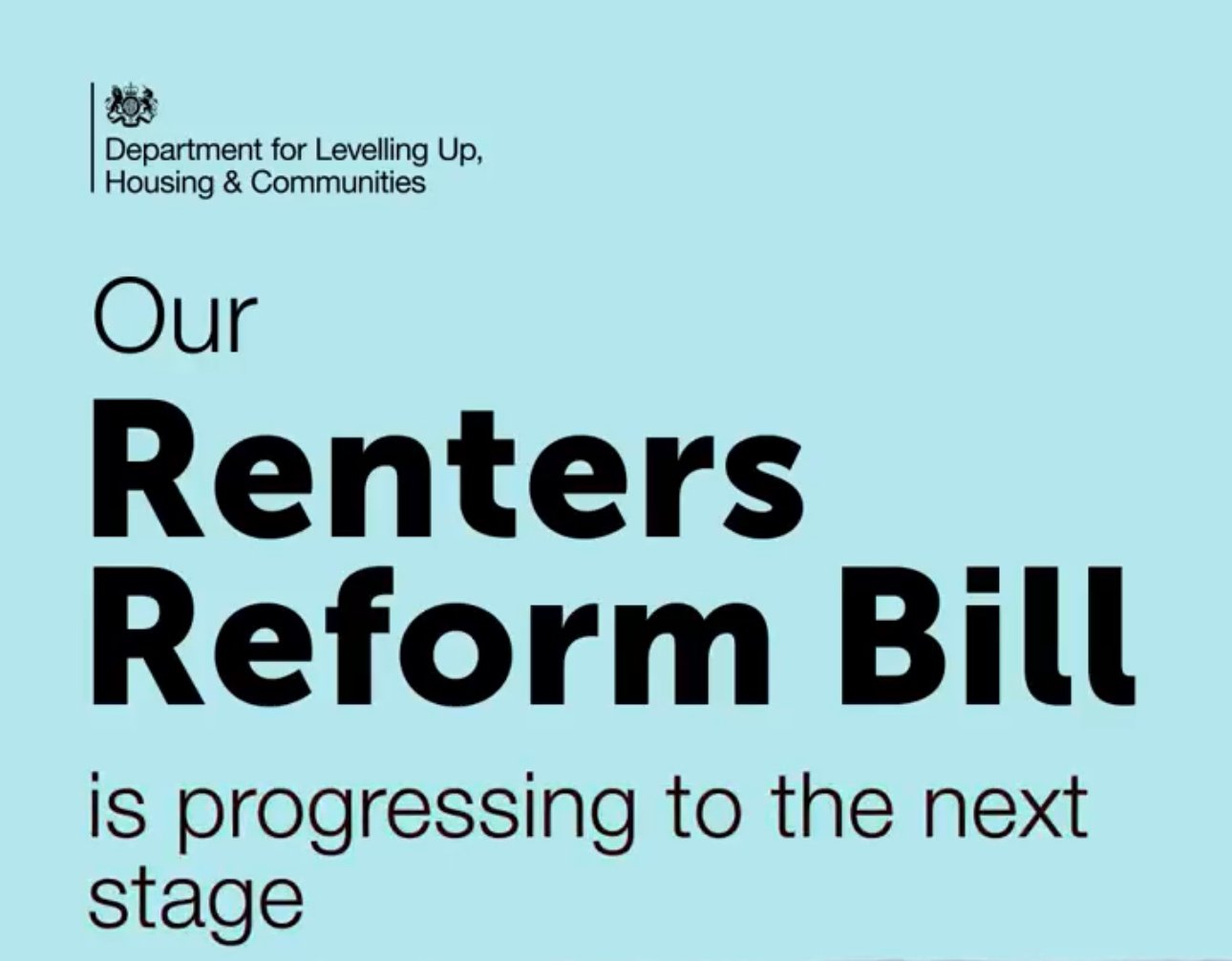
Renters Reform Bill moves to next Stage
Renters Reform Bill finally moved to the next stage. After months of waiting, the Bill moves to Report Stage and MPs will have the opportunity to make further amendments.

Renters Reform Bill to return to the Commons after Easter Recess
On the 27th March 2024, Jacob Young MP wrote to Conservative MPs regarding the Renters Reform Bill. He stated that the Conservatives are committed to “creating a fairer private rental sector” – standing on the promise that: - “if you’re a tenant, you will be protected from revenge evictions and rogue landlords, and if you are one of the many good landlords, we will strengthen your rights of possession”.
During her time as Housing Minister, Rachel Maclean MP made amendments to the Bill to bolster landlord protections which included making it clear that legislation would not be implemented until sufficient progress has been made improving courts, and scrapping proposals that would have both forced landlords to make expensive energy efficiency upgrades to their homes.
The Commons Committee reviewed concerns that have been put forward and as such, Government will bring forward further improvements at Commons Report Stage.

A Technical Consultation & the Renters Reform Bill
On the 7th December 2022, the Government announced there will be a technical consultation on the consequential amendments to homelessness legislation as a result of the Renters Reform Bill, namely, the removal of section 21 evictions, assured shorthold tenancies and fixed-term tenancies.
The consultation will close at 11:45pm on 25 January 2023 and provides anyone with a vested interest to put forward their opinions on the provisions that have set out in the Renters Reform Bill.
For those who remain unaware, the Renters Reform Bill will be the vehicle for the abolition of Section 21 and will signify one of the most notable shifts in Landlord & Tenant Law since 2004.
Whilst there is a great deal of reference being made to tenants being evicted when they are served with a Section 21, the route to being evicted is a lot more complicated than serving notice. The notice advises the tenant that Vacant Possession is required and that should the tenant fail to vacate, court proceedings could begin to obtain possession. Only if the tenant fails to vacate once a court order is in place, will eviction take place. An clearly, on the basis of the notice served, the eviction would be a ‘no fault’ eviction; no grounds would have been relied upon unlike the section 8 notice.

Into the Detail of the Renters Reform Bill
Since the White Paper was published last Thursday, our Advice Line has been bombarded with questions about the Bill And rightly so given this is the most significant change in the Private Rented Sector since the Housing Act 1988 was introduced. We will be dealing with the detail of the Bill on June 29th in London during the training session we will be running, however, there are some important questions that need to be answered quite urgently. (Questions asked through our Advice Line).
1. Will the Section 21 Notice disappear next month?
No definitely not
2. What will replace the Section 21 Notice?
A re-vamped version of the Section 8 Notice with additional Grounds
3. How quickly will the legislation be implemented?
Before the Bill becomes an Act. There is no set time limit - the Bill it will be scrutinised by peers and MPs as it makes its way through parliament. This process is known as 'Parliamentary Ping-pong' and refers to the to and fro of amendments to Bills between the House of Commons and the House of Lords. It is during these multiple stages that amendments are made before the Bill finally becomes law.Given the complexity of the content of the Bill, this process may last 12 months or more.
